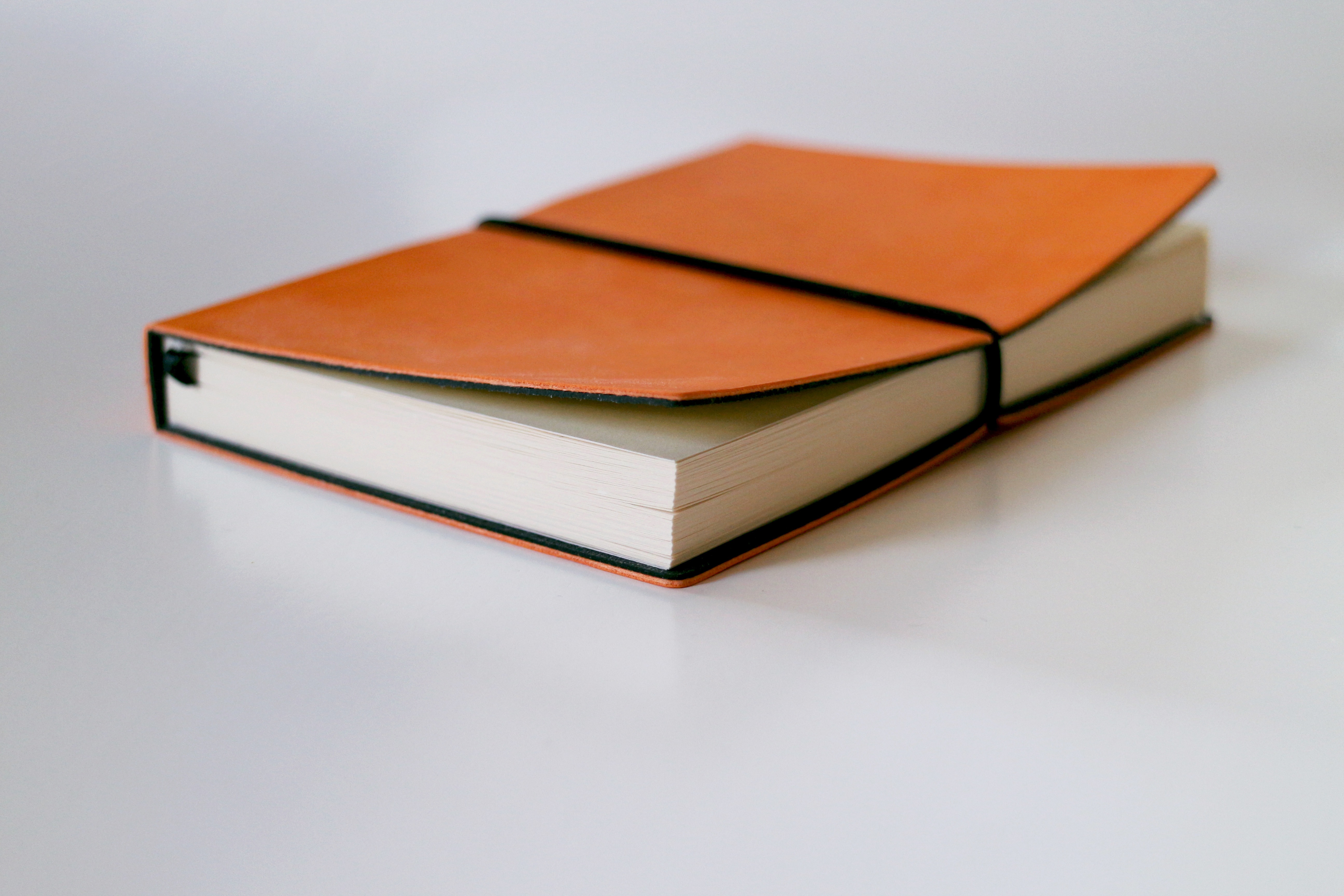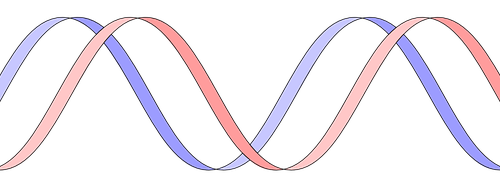What does an invention “completed” in China mean? China and the US are similar in that both countries highly value national security, and thus have rules regulating the exportation of technology and information from within their borders. This includes new inventions that arise from within their respective borders. As such, both governments require inventors who create IP within their borders to obtain approval by requesting a foreign filing license (or “confidentiality examination request“ in Chinese) before they can file a patent application in a foreign jurisdiction first (i.e., “export” the “technology”). In China, “inventions or utility models, of which the substantive content of the technical solution is completed within the…
-
-
How the Chinese Patent Office Rejected a Plate-Making Method Based on Food Safety Law
Previously we published an article about CNIPA rejecting a patent application claiming a food that could also be used to treat or prevent diseases based on the food’s alleged non-compliance with Food Safety Law. China’s Food Safety Law includes a provision which states any use of a composition as a food must be strictly separated from any medicinal use. Recently, we have noticed a worrying trend of such “food safety” type rejections impacting a broader class of inventions, even for inventions that are not directed towards the food itself. Here is one such case. Manufacturing Methods for Making a Plate The patent application[1] at issue is directed towards a method…
-
China Top 10 Patent Re-Examination and Invalidation Cases of 2020 CNIPA Upholds Bayer’s Rivaroxaban Patent
The development of China’s approach to patents, especially those in the pharmaceutical and biotech space, has been fascinating to watch. Those of us who have practiced in the area for a long time have been frustrated by the Chinese patent office’s overly strict rules regarding patentability (e.g., high data support standard and refusal to consider post-filing data), while at the same time being more lax on enforcement. Things have changed a lot in the past five years as China has revamped its patent system in numerous ways. The creation of an entirely new IP court system, the introduction of a new patent law (only the 4th revision in its 40+…







